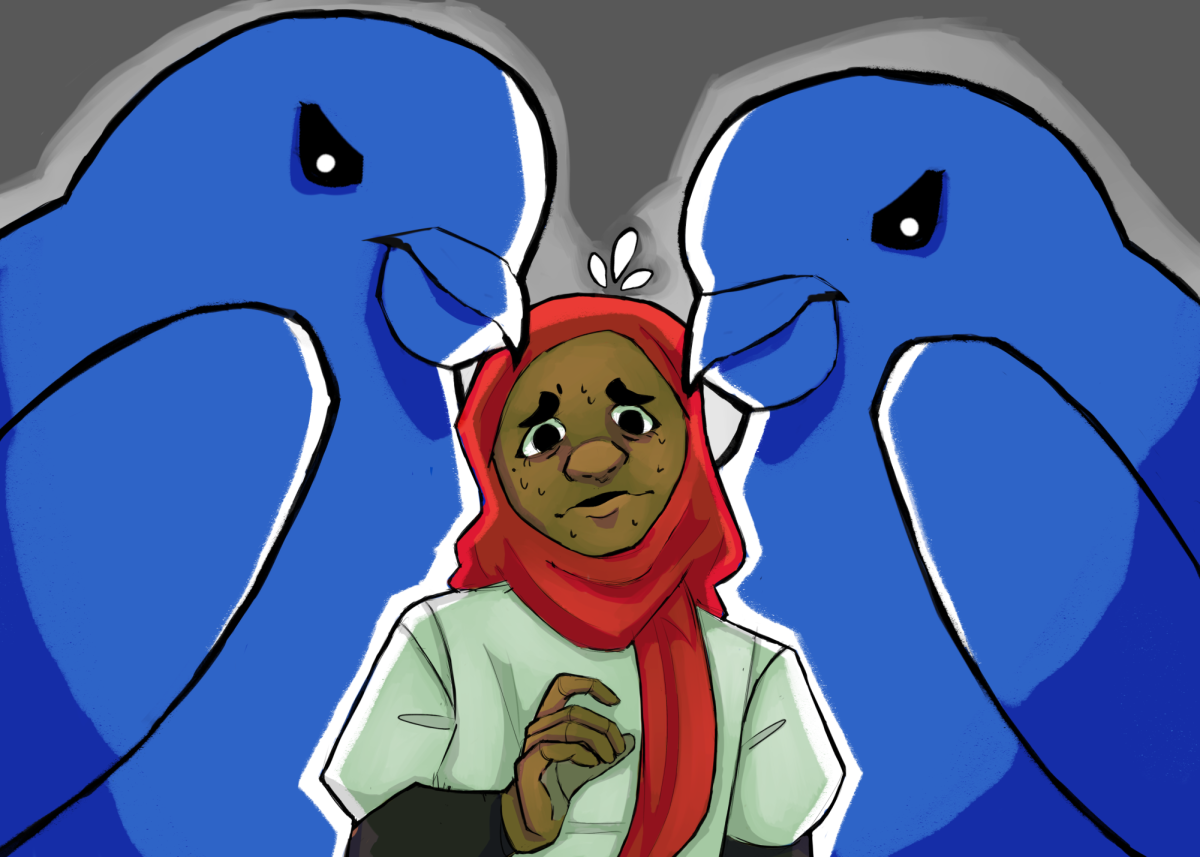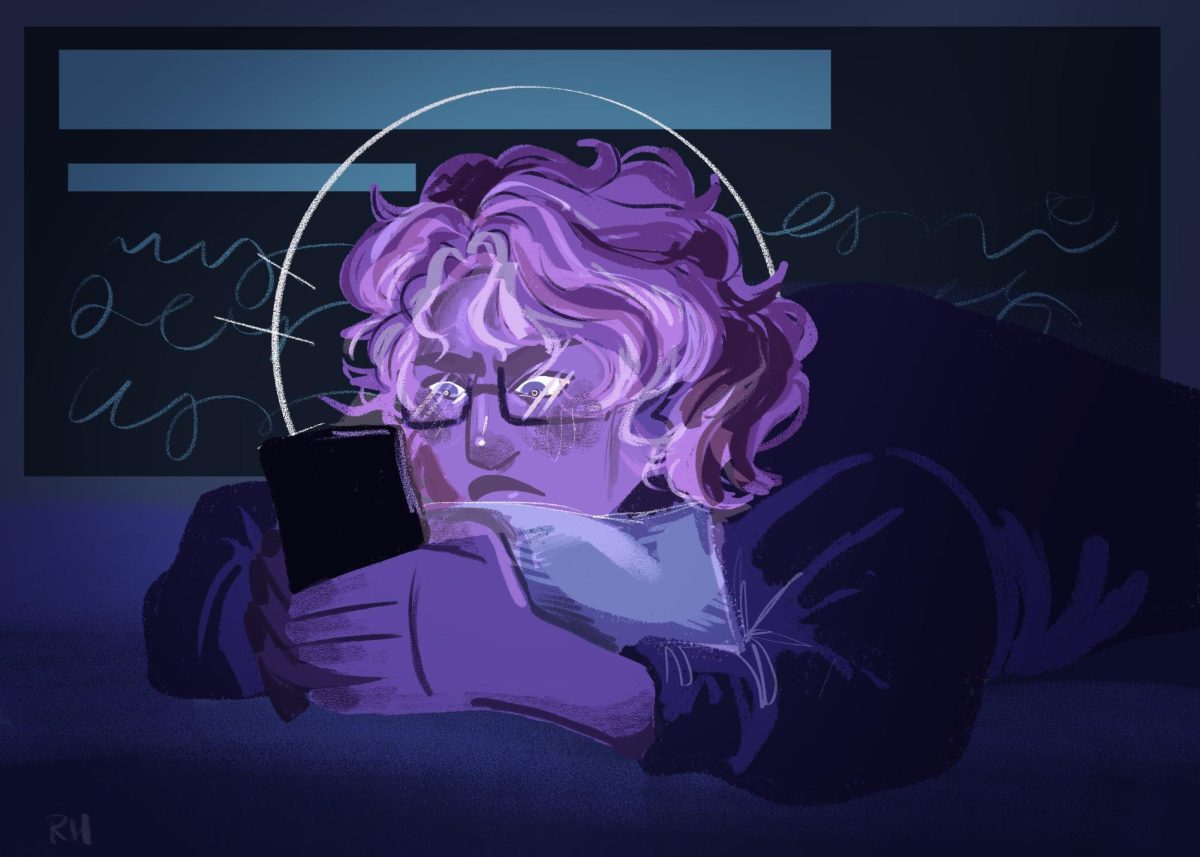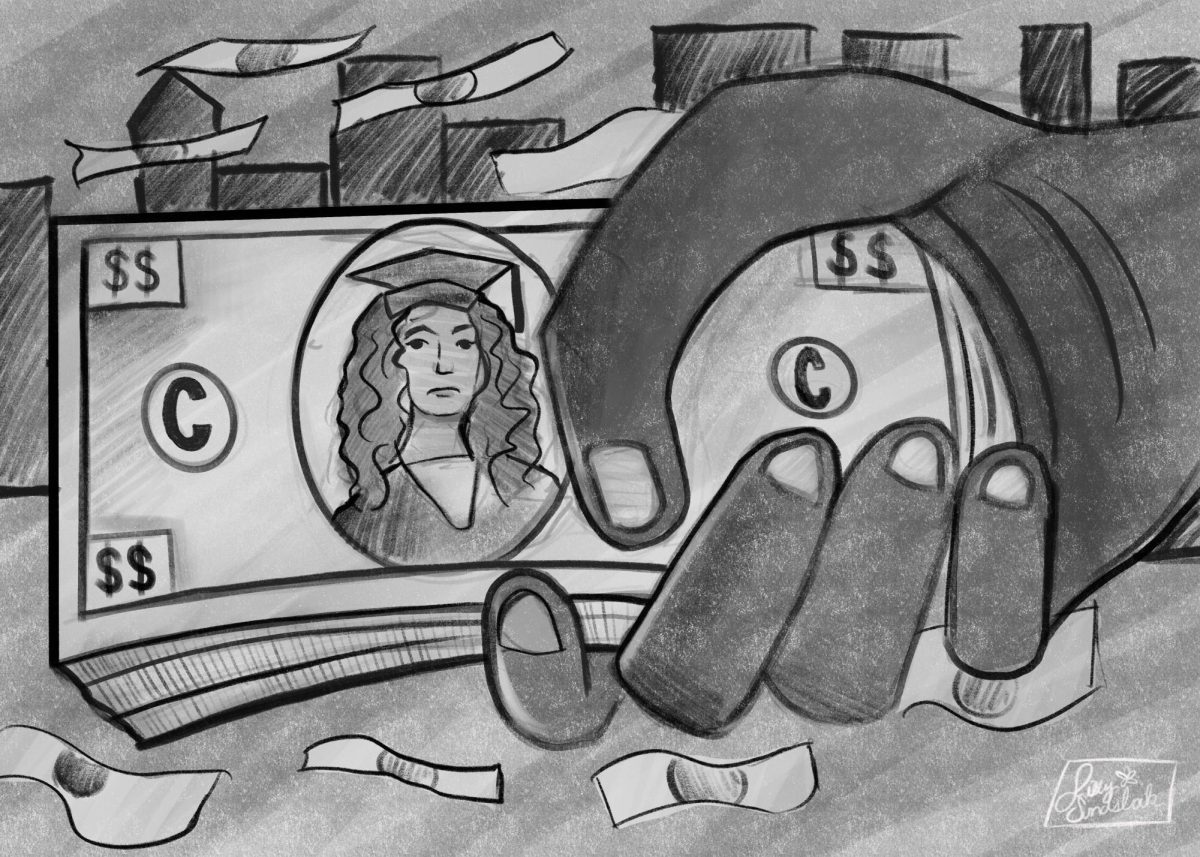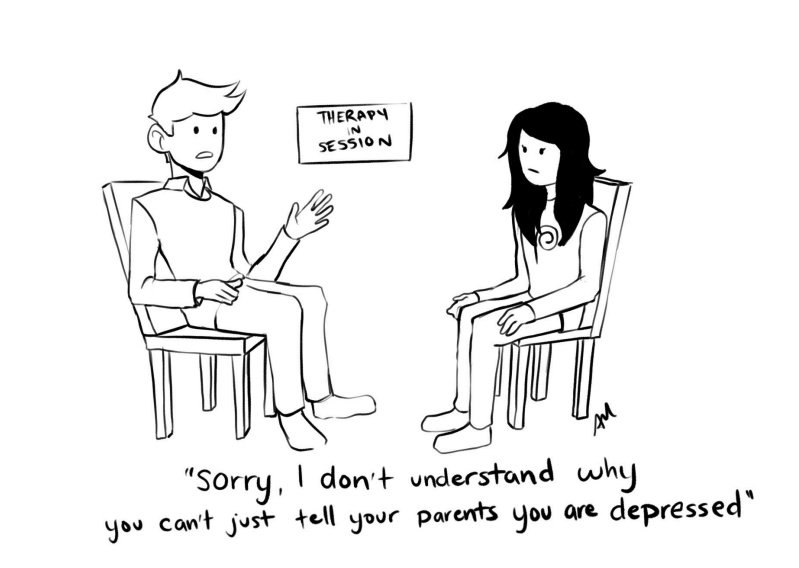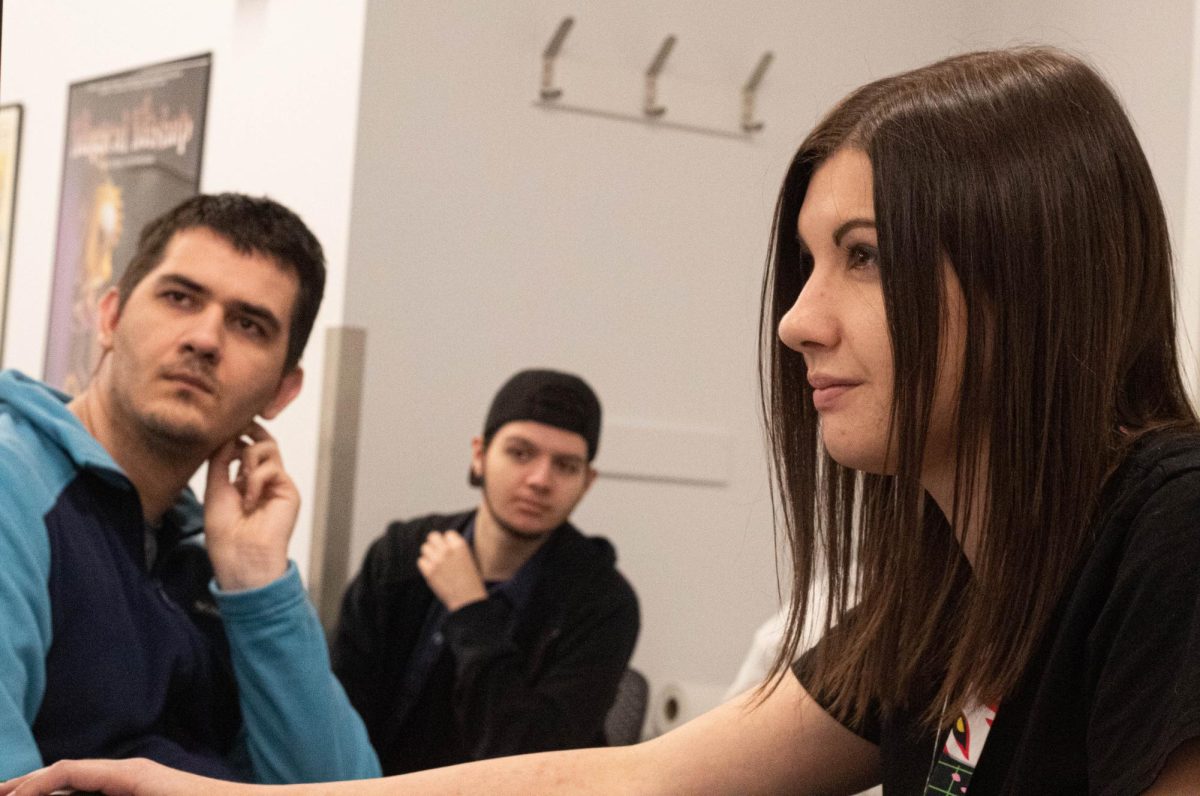MENTAL HEALTH ISSUE
A far-right, pro-Israel website is outing pro-Palestinian students, advocates and professors by doxxing them on a public website and labeling them as terrorists, producing what is effectively a blacklist.
Canary Mission, which first appeared in 2015, is a website that claims to document people and groups that “promote hatred of the USA, Israel and Jews.” It purports to investigate hatred across the North American political spectrum, but in reality, Canary Mission is an online witch hunt of Palestinians, Arabs, Muslims and allies in academic spaces in the U.S. that exposes the personal information of students, staff and faculty who show support for Palestinians.
As campus protests against the war in Gaza have spread across the country in recent weeks, Canary Mission has ramped up its work in an effort to discredit and silence student activists who have participated.
This is not a website that aims to combat antisemitism, which should rightfully be called out. Canary Mission does not do that. It labels organizations, groups and news sources like Jewish Voice for Peace, Muslim Student Association and Al Jazeera as platforms “celebrating terrorism.” It is disguised Israeli propaganda aiming to win over the public while simultaneously shaming and endangering its victims.
It is especially harmful at this moment, as largely peaceful protests on college campuses are met with arrests and attacks from police. Following the arrest of more than 100 students on April 18 at Columbia University in New York, students across the country have set up encampments in solidarity to protest the bombardment of Gaza and to demand that their institutions cut any financial and academic ties to Israel and companies profiting from the occupation of Palestinian territories.
At DePaul University, the Students for Justice in Palestine’s lead representatives were reported to the Canary Mission by other students. When the victims brought it up to administrators at DePaul, they said there was nothing they could do about it, even though their students’ personal information was plastered on the website.
Other SJP representatives across Chicago colleges like the University of Chicago, the University of Illinois at Chicago and Northwestern University have hundreds of their students’ information on the website as well. Columbia College students and alums are also listed.
The information includes a picture of them, their addresses, workplace, academic history and any other information Canary Mission finds.
The fear of being blacklisted is real and has added to the anguish many students have felt since Oct. 7.
At the University of Texas at Austin last fall, two teaching assistants were removed from a course called “Women and Madness” after they distributed mental health resources to Palestinian, Arab and Muslim students.
Students impacted not only need support and mental health resources directed to them, they need their institutions to condemn Canary Mission like the University of California, Berkeley School of Law did last year.
Columbia needs more visible support. Since the school year, Dean of Students Doug Eck and the Student Diversity and Inclusion office staff members have provided a safe space for students to report hate on campus. But beyond this, the college has done nothing else.
As a Palestinian, people tell me that the Canary Mission is the reason they bite their tongue when it comes to defending our people, which causes its own kind of stress and guilt.
When I asked Palestinians I know if they’d be willing to speak to me regarding the mental health of Palestinian and Israeli-Americans, all of them said “no” in fear of being named on Canary Mission. People from the high school I attended often face issues because their names are found on this website, labeling them “terrorists.”
In my community, multiple families have been denied entry into Palestine because of Canary Mission, even if they are Americans with no Palestinian citizenship. The goal of this website is not only to scare Palestinians and their supporters but to give a reason as to why Palestinians can and should be mistreated. Along with this scare tactic, Canary Mission has been reported to send agents to show students’ campuses to intimidate them.
Even if colleges and universities have no way to stop online doxxing from people outside the campus community, they need to take a stronger stance on speech tolerance to at least attempt to provide support and safety for their students. They need to condemn Canary Mission. They need to recognize the tremendous need for mental health resources for their Palestinian, Muslim and Jewish students since Oct. 7.
In an open letter to college and university presidents late April, the ACLU argued for more protections for students protesting against the war in Gaza to make certain they were not being singled out for particular viewpoints.
This is the minimum that colleges like Columbia should do. All students need to know they are safe to express their thoughts on campuses without fear of being attacked online or on their campuses.
Copy Edited by Contributor Henry Hall and Patience Hurston


